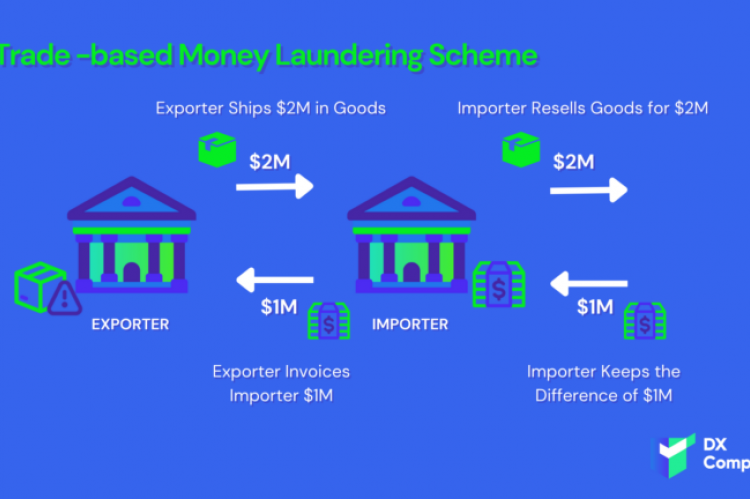Unmasking the Hidden Threat: Money Laundering's Chokehold on Belize and Mexico's Foreign Trade
A Call to Action for Authorities on Both Sides of the Border
By: Omar Silva, Editor National Perspective Belize (DIGITAL)
Belize City: Saturday 9th December 2023
In the bustling world of international trade, where Belize and Mexico share a dynamic and profitable partnership, there lies a menacing threat that has long lurked in the shadows: money laundering. While trade between these two nations has brought prosperity and opportunities, it has also become a breeding ground for illicit financial activities. Today, we unveil the sinister "modus operandi" of money laundering that permeates foreign trade and call upon authorities in Belize and Mexico to join forces in dismantling this destructive force.
The Money Laundering Menace:
The National Customs Agency of Mexico (ANAM) has uncovered a disturbing trend - money laundering in foreign trade through invoice fraud and the manipulation of supporting documents. It's a disconcerting reality where false prices taint commercial operations, leaving legitimate businesses and governments in the dark about the true economic landscape.
Effects on Belize's Economy:
For Belize, a country that shares an intricate web of trade relations with Mexico, this illicit methodology casts a long, dark shadow over economic growth:
Distorted Trade Data: Money laundering distorts trade statistics, making it nearly impossible for Belizean authorities to gauge the country's true economic performance.
Revenue Loss: The government relies heavily on customs duties and taxes from foreign trade. Money laundering results in underreported values, causing substantial revenue losses that could otherwise be used for public services and development.
Unfair Competition: Honest businesses suffer as those engaged in money laundering gain an unfair competitive edge through manipulated documents and prices.
Investment Climate: Foreign and domestic investors may hesitate to participate in a market tainted by corruption and a lack of transparency, slowing economic growth and development.
Weakened Institutions: Corruption in the customs system erodes public trust and weakens institutions, making it challenging to enforce regulations and maintain economic stability.
A Unified Response:
To eradicate money laundering in foreign trade, Belize and Mexico must work together, acknowledging the common threat and shared responsibility. Here are some crucial steps for both nations to consider:
Strengthening Customs and Regulatory Authorities: Invest in resources, training, and technology to enhance enforcement and compliance capabilities.
Transparency and Accountability: Implement electronic customs declarations, verification systems, and audit trails to reduce opportunities for corruption.
International Cooperation: Collaborate with organizations like the Financial Action Task Force (FATF) to establish robust anti-money laundering measures and share critical information.
Enhanced Due Diligence: Enforce stringent due diligence requirements on businesses involved in foreign trade.
Legal Reforms: Update legislation to close legal loopholes and impose stricter penalties for violations.
Public Awareness: Educate businesses and the public about money laundering risks and the importance of reporting suspicious activities.
Whistleblower Protection: Develop mechanisms to protect whistleblowers who expose money laundering and corruption.
Conclusion:
As we uncover the hidden underbelly of money laundering in foreign trade, it is evident that Belize and Mexico stand at a crossroads. They can either continue to be victims of this existential threat or rise above it by implementing robust measures to combat this menace. Together, they can ensure a brighter and more transparent future for their nations, preserving the integrity of their trade relations and fostering economic growth for generations to come. The time for action is now, and the responsibility lies with the authorities of both nations to unite in this vital cause.
- Log in to post comments

